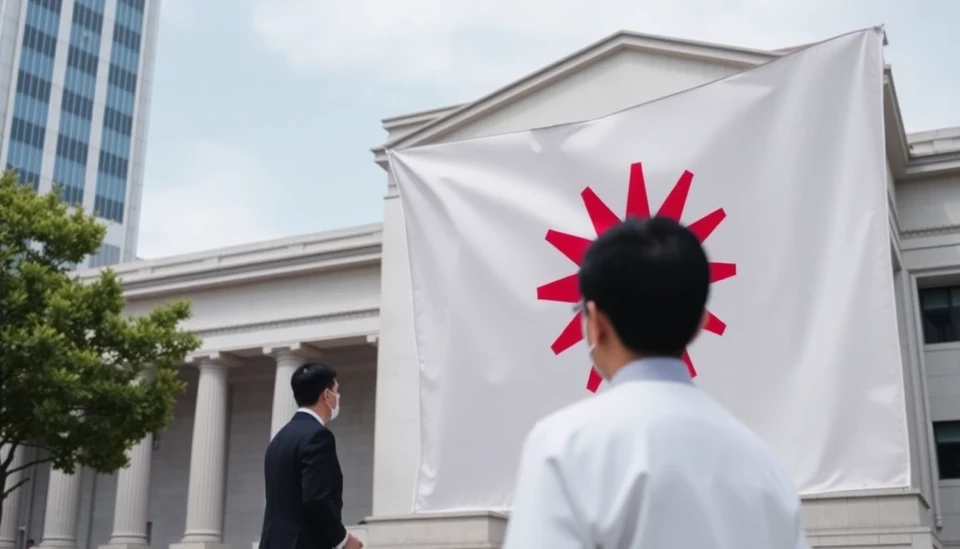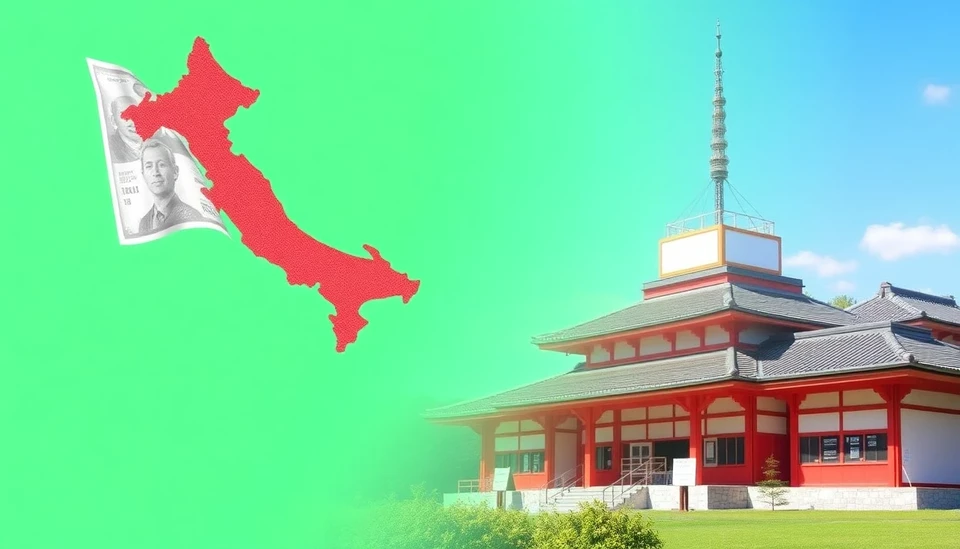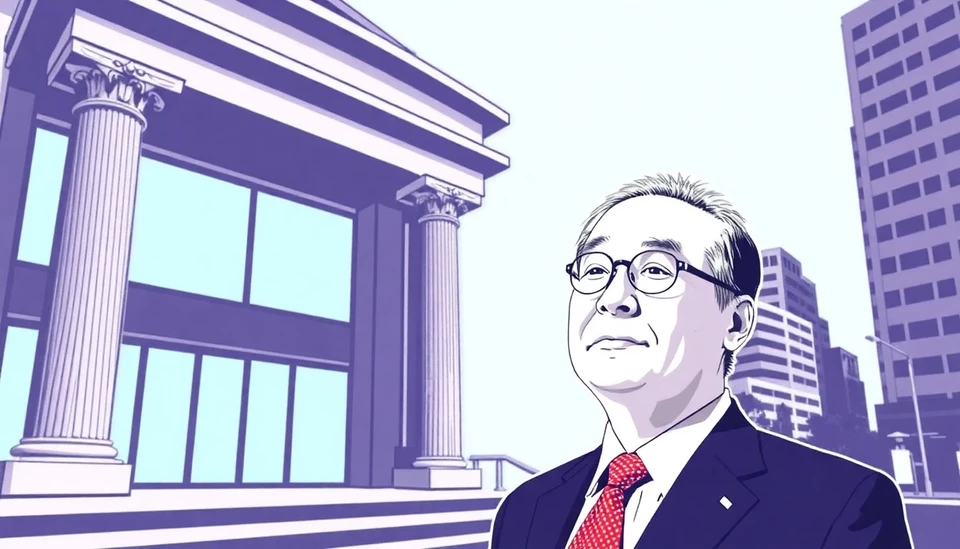
In a significant policy move, the Bank of Japan (BoJ) has announced an increase in its benchmark interest rate, marking the highest level seen since 2008. This decision comes as a reflection of shifting economic conditions and a response to rising inflation pressures that have been impacting the Japanese economy.
The BoJ raised the benchmark interest rate by 0.25 percentage points, bringing it to a range between 0.5% and 0.75%. This adjustment is a pivotal shift from the ultra-loose monetary policy that the central bank has maintained for years, aimed at stimulating economic growth and combating deflation. The last time the interest rate reached these levels was during the global financial crisis, when central banks were forced to adopt drastic measures to stabilize their economies.
Governor Kazuo Ueda emphasized that the decision to raise the interest rate was made after careful consideration of current economic indicators and global market trends. Ueda indicated that inflationary pressures had exceeded the bank’s earlier expectations and that the time was right to take action to ensure long-term economic stability.
This rate hike comes amidst a backdrop of increasing consumer prices in Japan. The inflation rate has been steadily climbing, influenced by rising energy costs and supply chain disruptions. Analysts predict that if the inflation rate continues on its upward trend, further monetary tightening could be necessary in the near future.
The BoJ's decision has elicited mixed reactions from economists and market participants. While some see this move as a necessary step towards normalizing monetary policy, others express concerns about the potential impact on borrowing conditions and economic growth. In particular, Japan's heavily indebted households and businesses could face challenges if lending rates rise substantially.
In the wake of this announcement, financial markets reacted with volatility, showcasing a mix of reactions among investors. The Japanese yen has strengthened against the US dollar following the news, as traders adjust their positions in reaction to the altered interest rate environment. Similarly, Japanese stock markets saw an immediate dip before stabilizing, as investors digested the implications of the new monetary policy stance.
The decision by the BoJ to raise interest rates could have wider implications for global markets as well. Central banks around the world are facing similar dilemmas as they navigate the complexities of rising inflation while trying to support economic recovery in the post-pandemic era. Analysts will be closely monitoring further developments from the Bank of Japan, particularly any signals regarding future monetary policy adjustments.
As Japan embarks on this new chapter of its monetary policy, the impact on both the domestic and international stages will be significant. Stakeholders in various sectors will need to prepare for potential changes as the ripple effects of this rate hike unfold.
It is essential for businesses and consumers alike to stay informed about these changes as the landscape of the economy shifts in response to the Bank’s decisions. The BoJ’s commitment to addressing inflation while fostering economic growth will be a delicate balancing act in the months to come.
For now, all eyes will be on how the Bank of Japan navigates these challenging waters, as its decisions could set the tone for monetary policy not just in Japan, but across the globe.
#BankOfJapan #InterestRateHike #EconomicPolicy #Inflation #FinanceNews #GlobalEconomy
Author: Laura Mitchell




